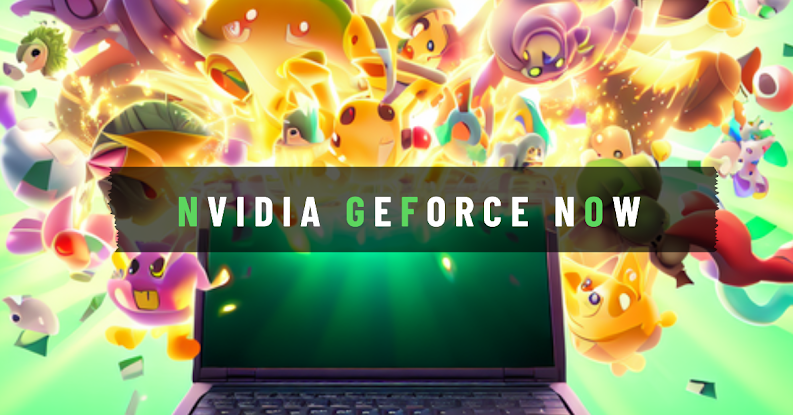Lightfall Brings a New Dawn for Queer Representation in Destiny 2
Lightfall's Queer Representation
Destiny 2 is a popular online multiplayer game that has captured the hearts of millions of gamers around the world. The game is set in a sci-fi universe and features a wide variety of characters, each with their own unique traits and abilities. One of the standout features of the game is its commitment to diversity and representation, especially when it comes to queer characters and storylines.
Queer Representation in Destiny 2
Destiny 2 has made strides in the realm of queer representation in video games. The game's storyline features queer characters, including Guardians and non-playable characters (NPCs), with various sexual orientations and gender identities. For example, Devrim Kay, a non-playable character in the game, is a gay man who shares stories of his husband and their life together. The game also includes storylines that explore queer relationships, such as the relationship between the NPCs Wei Ning and Eriana-3.
Another example of queer representation in the game is the character Saint-14. Saint-14 is a legendary Titan who was presumed dead, but players later discover that he is alive and has been trapped in a simulated reality. In a heartwarming twist, it is revealed that Saint-14 had a romantic relationship with his ghost, which is the AI companion that all Guardians have in the game. This representation of a queer relationship is not only heartwarming but also groundbreaking, as it is one of the first instances of a romantic relationship between a character and their AI companion in video games.
The Importance of Queer Representation in Video Games
The inclusion of queer characters and storylines in Destiny 2 is important for several reasons. Firstly, it is a reflection of the real world, where people of all sexual orientations and gender identities exist. By including queer characters and storylines in the game, the developers are normalizing queer representation in the gaming world, helping to break down stereotypes and promoting diversity and inclusion.
Secondly, queer representation in video games can help queer players feel seen and heard. For many players, seeing themselves represented in a video game can be a powerful experience, giving them a sense of validation and belonging. It also helps to create a safe and welcoming space for queer players within the gaming community.
Finally, the inclusion of queer characters and storylines can help to combat homophobia and transphobia within the gaming community. By showcasing queer characters and storylines in popular video games like Destiny 2, developers are helping to combat the harmful stereotypes and stigma that exist within the gaming community and promoting acceptance and understanding.
The Future of Queer Representation in Video Games
While Destiny 2 has made strides in the realm of queer representation, there is still a long way to go. Many video games still rely on harmful stereotypes and tropes when it comes to queer characters, perpetuating harmful myths and marginalizing queer gamers.
However, the future of queer representation in video games looks promising. Many developers are now actively seeking to include more diverse characters and storylines in their games, recognizing the importance of representation and the power of video games to effect positive change.
In conclusion, Destiny 2 is a prime example of the power of video games to promote diversity and inclusion. By including queer characters and storylines, the developers have created a game that reflects the real world and helps to break down stereotypes and promote acceptance and understanding. While there is still a long way to go when it comes to queer representation in video games, Destiny 2 is a step in the right direction, and a shining example of what can be achieved when developers prioritize diversity and representation in their games.




Comments
Post a Comment
Connect with House Anomaly, we are always open to collaboration or critiques on how we can do better.